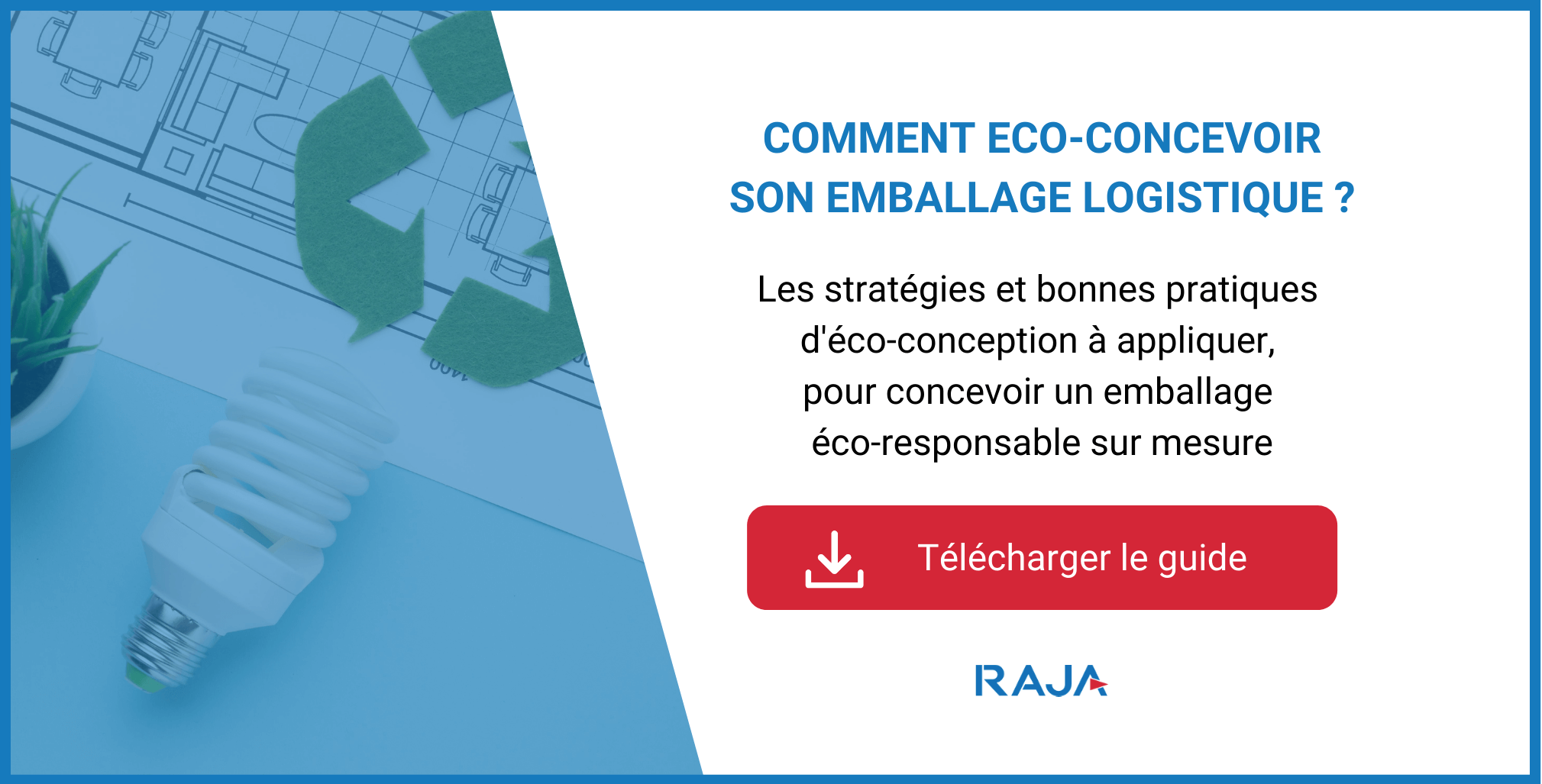Environmental protection, biodiversity, equal opportunities, the fight against food waste, against discrimination, against endocrine disruptors. Consumers are becoming more and more committed to their purchases, which requires companies to make more commitments.
In parallel with the development of this ecological and societal awareness, e-commerce continues to explode, particularly since the health crisis, which has had a lasting effect on consumer purchasing behaviour.
It is in this very particular context that the e-commerce commitment charter was born with the government and FEVAD.
Find out in this articlewhat this charter consists of and how you can be inspired to develop your eco-responsible commitment too.
What is the charter of commitment for the reduction of the environmental impact of online trade?
The Commitment Charter for the Reduction of the Environmental Impact of Online Commerce is a document created by several sustainable development and e-commerce actors:
- The Ministry of Ecological Transition
- The Secretariat of State for Digital Transition and Electronic Communications
- The Federation of e-commerce and distance selling (FEVAD)
Historically, 14 major e-commerce retailers signed this charter for the first time, on 28 July 2021:
- Cdiscount
- Ebay
- Fnac- Darty
- La Redoute
- Maisons du Monde
- Millet Mountain Group
- Sensee
- Otelo
- Rakuten France SAS
- Sarenza
- Showroomprivé
- SOS accessory
- Veepee
Then, in March 2022, 18 new companies commit to the concrete actions included in the charter:
- Afibel
- Agrizone
- Blancheporte
- Boulanger
- Damart
- Promoting information about the impact of one’s delivery: in particular, companies can offer greener delivery methods, by varying the delivery point, the delivery time or the vehicles used.
- Promoting good ordering habits: for example, it is recommended to explain to users the environmental consequences of a return order.
- Encouraging good behaviour with regard to sorting instructions and the reuse of ordered products.
- The simple identification of products with the best environmental record in the e-tailer’s catalogue: for example, they must clearly identify second-hand, second-hand products, or those with an environmental label.
- Implement actions to reduce the volume of packaging for at least 75% of their parcels by the end of 2024: for example, it is recommended to limit waste by eliminating as much as possible the empty space in the parcels, making sure to find the right packaging weight-volume.
- Use only delivery packaging made from recycled, recyclable or reusable primary materials.
- Ensure that storage has an environmental performance attested by a certification such as HQE, BREEAM or LEED.
- Favour the development of decarbonised modes of delivery, in particular by making public the proportion of low-emission vehicles, or by committing to the Freight 21 approach of ADEME’s EVE programme
- Group the shipment of products ordered at the same time in a systematic manner.
Mondial Relay
.
This second signing session thus brings the total number of signatories to 32 e-commerce sites. The charter of commitments for e-commerce players is organised with 10 commitments, divided into 4 major pillars: In this first pillar, 4 commitments push the signatory companies to inform the final consumer, on their websites, of the way in which his order potentially impacts the environment, from his act of purchase to his delivery. These 4 commitments are: Upon signing this charter, e-tailers also commit to 2 lines of action, which allow them to work on the eco-responsibility of their packaging: Do you too want to work on the eco-responsibility of your packaging methods? Discover the 5Rs of packaging, which will guide you in a more virtuous packaging strategy for the planet.
Through this third pillar, any company that signs the charter must ensure that it offers environmentally friendly logistics, both in terms of warehouse management and delivery. 3 commitments are included in the charter in this sense: Do you too need to think about how to make your e-commerce deliveries more sustainable? Find out how to implement an eco-responsible transport strategy here. It is not enough to charter the commitment of marketplaces and e-commerce platforms to ensure that they actually implement their action plan. This is why the last commitment of the charter invites the signatories to report, each year, on the means implemented and the results obtained, to the State services competent in the matter. To find the charter of commitments in detail, go to the official government website.
What are the commitments stipulated in this e-commerce charter?
1. Informing consumers about the environmental impact of their purchases
2. Implement a responsible packaging strategy
3. Ensure environmentally responsible warehousing and delivery
4. Follow up on its actions
Attachments















